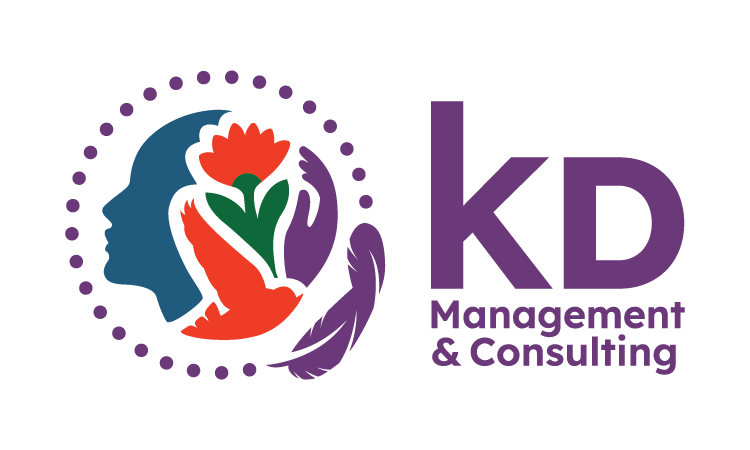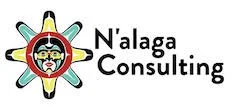About reRoot
Many non-Indigenous systems run on patterns that do not align with living systems or life-affirming values. reRoot exists to support realignment so reciprocal Indigenous partnership and collective wellbeing can take root.
We help teams build regenerative practice grounded in their own strengths, responsibilities, and place to strengthen impact and support shared responsibility in Indigenous partnership.
Bryce Henney
I am a non-Indigenous practitioner based in Vancouver, on the unceded territories of the Musqueam, Squamish, and Tsleil-Waututh Nations, with roots in Metro Detroit on Anishinaabe lands. Witnessing mental unwellness, disconnection, and loss of meaning in my own communities grounds my commitment to work that addresses the deeper premises beneath today’s ecological and social crises.
My practice sits at the intersection of Indigenous community planning, living-systems thinking, and cross-cultural collaboration. I am a graduate of UBC’s Indigenous Community Planning program, with training in Indigenous methodologies and long-term study in Western regenerative practice. Earlier training in engineering and business helps me work across technical and non-technical settings and make complex dynamics visible and workable.
Over the past eight years, I have worked alongside Indigenous Nations and with universities, governments, health systems, and environmental organizations. At the heart of this work is a commitment to moving beyond patterns that perpetuate separation and suffering, and cultivating practices that help us reconnect with meaning, relationship, and shared purpose.

Collaborators
We collaborate with Indigenous partners on co-led projects and initiatives. Visit their websites to learn more about their work.
How We Work
Making Complexity Visible
Visual maps, diagrams, and simple tools make hidden patterns visible and build shared language, so teams can understand how structures and habits shape collaboration, wellbeing, and impact.
Grounded in Purpose, Place, and Gifts
Every organization holds a distinct perspective and contribution. The work helps teams clarify and strengthen what they can uniquely contribute, grounded in purpose and relationship to place, so change grows from context, not an external template.
Collaboration as Catalyst for Renewal
The same patterns that strain Indigenous partnership also drive burnout, disconnection, and fragmentation in non-Indigenous organizations. Shifting those patterns supports reciprocity in partnership and life-affirming practice over time.
Vision & Invitation
We are living in a time of ecological, social, and spiritual breakdown, alongside a growing crisis of disconnection and meaning. Many efforts to respond are genuine, but they stay at the level of policies, programs, and processes, without shifting the underlying orientations that continue to shape these crises.
reRoot exists to support deeper sources of meaning, purpose, and responsibility. We help people shift the beliefs and premises that shape how they act, decide, and relate, so change happens at the root rather than only in policies or programs.
We envision generative collaborative spaces where people support one another to reconnect with and contribute from their gifts in service of the wellbeing of people, place, and future generations.









